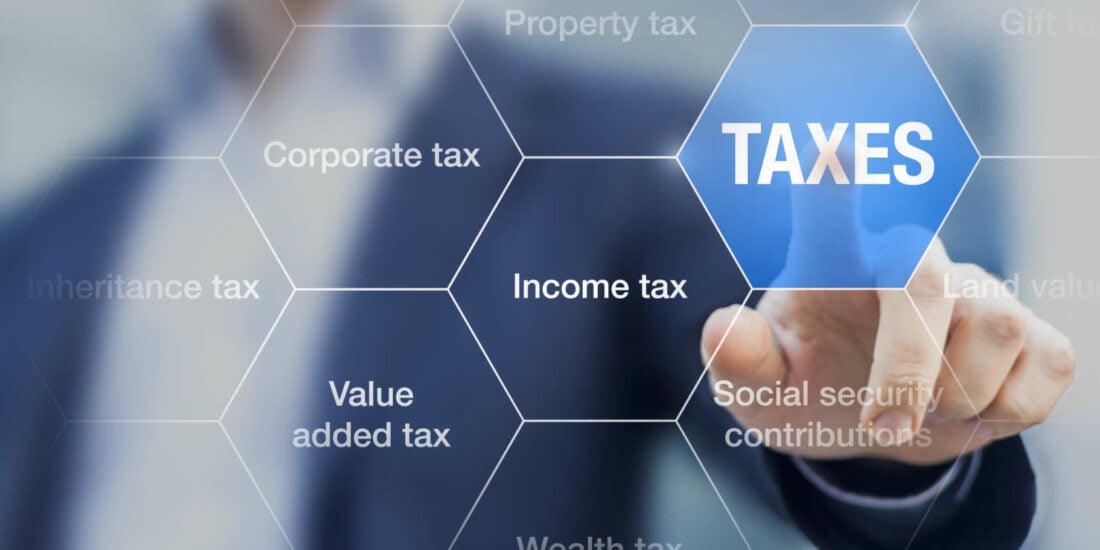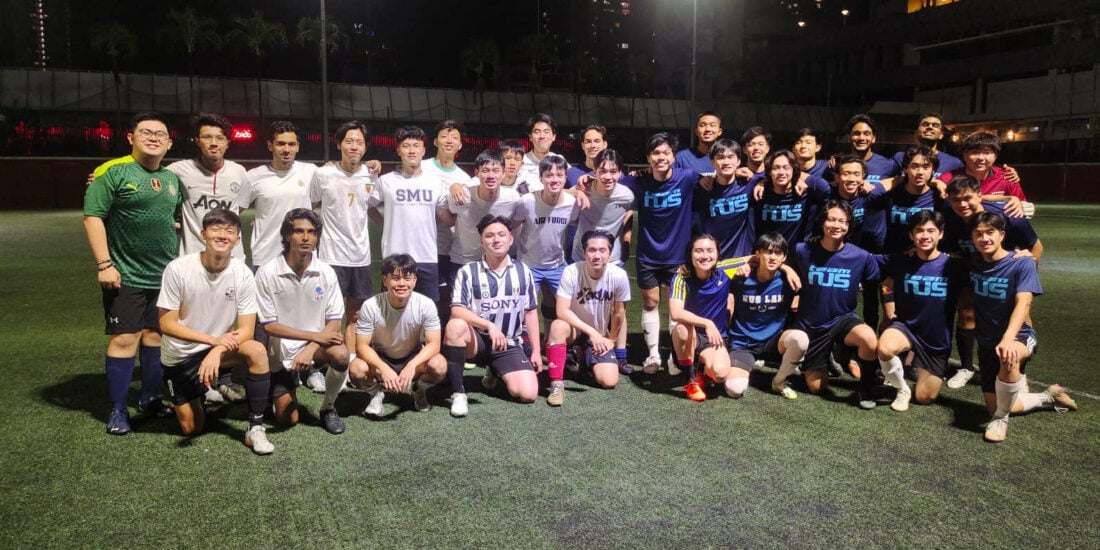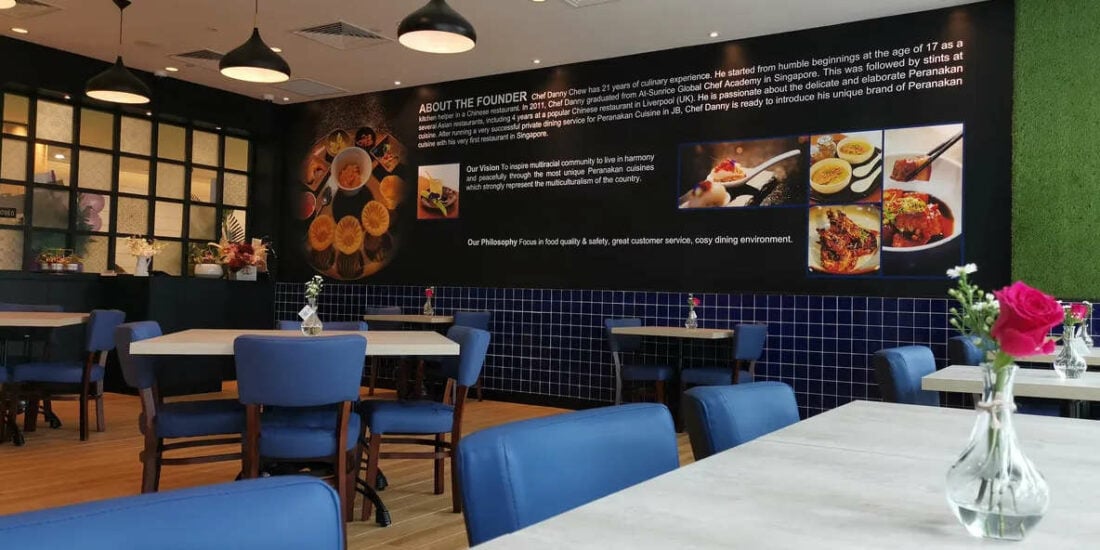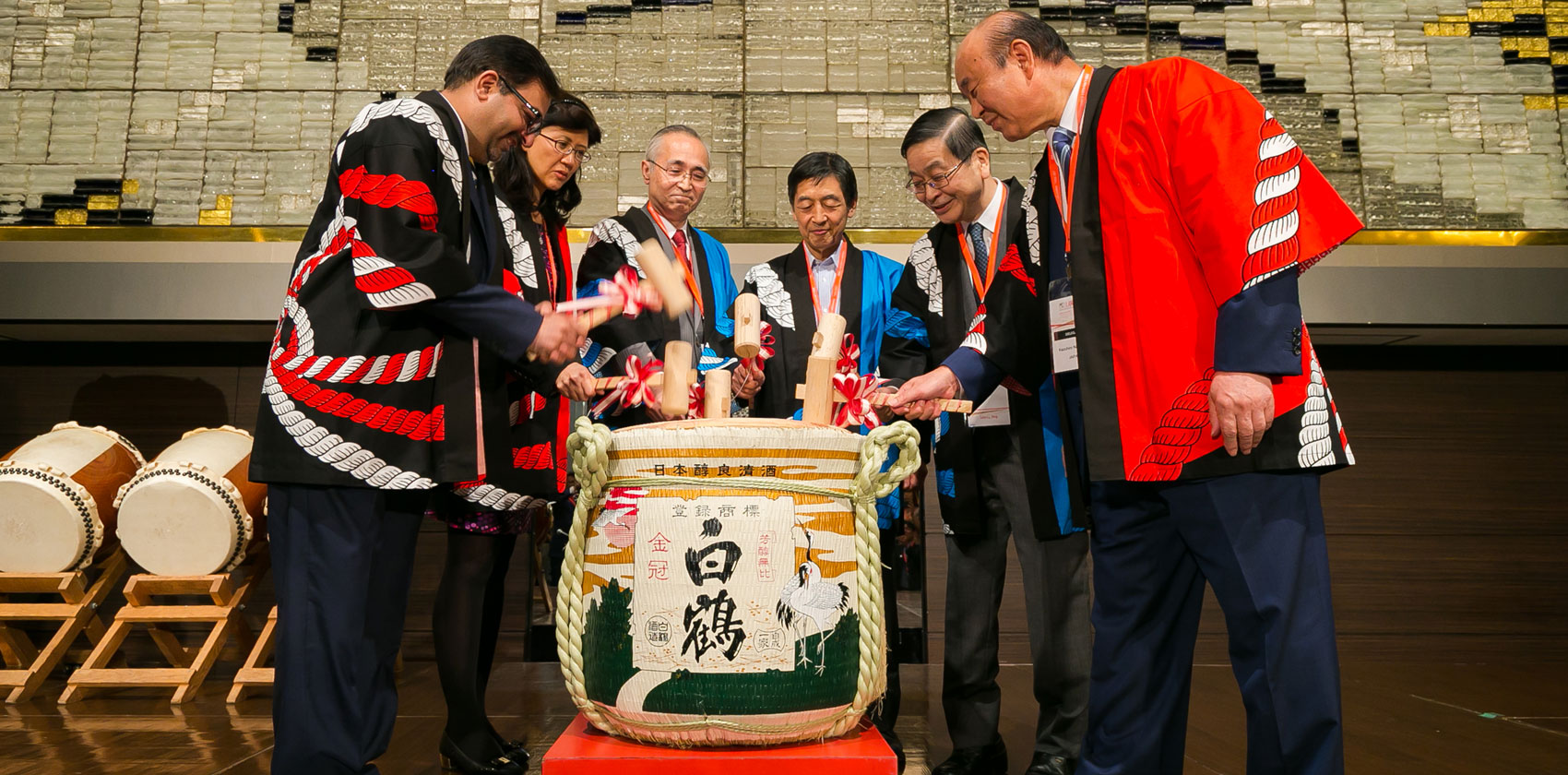
30th LAWASIA Conference
30th LAWASIA Conference: Opportunities for Young Lawyers
Young lawyers often wonder how best to develop their legal career.
The increasing range of career paths available to young lawyers today makes this question even more vexing. One’s legal career can possibly encompass traditional law firm practice, in-house legal practice, government legal service, and/or cross-discipline fields such as regulatory compliance etc.
One good way for young lawyers to know of the right career opportunities and learn more about other areas of legal practice is through attending law conferences. The recently concluded 30th LAWASIA Conference was one such great opportunity.
Making the Right Choices
Choosing the right law conference to attend is an important practical decision for young lawyers.
Conferences fees for law conferences – especially the well-organised and well-attended ones – tend to cost a fair amount relative to a young lawyer’s average salary.
A conference with the best value may not be one which does not require payment of any conference fees. Other considerations such as conference topics for discussion and the line-up of panellists are also relevant.
The LAWASIA Conference is one such conference which costs more to attend than a usual evening legal seminar. However, a broad breadth of topics is usually covered at the conference. The conference fees also include exclusive invitations to attend a gala dinner and welcome and closing receptions with many conference participants and panellists from many countries in attendance.
These factors arguably mean that a young lawyer will likely find it to be of good value to attend the LAWASIA Conference, which is held annually in a different city in Asia-Pacific.
Making the right choices extend beyond choosing the right conference.
As with most other major law conferences, there are also plenty of break-out seminars at the LAWASIA Conference.
The 30th LAWASIA Conference – in line with previous editions – provided a multitude of seminar options throughout the four days of conferencing.
Panels were organised to discuss wide-ranging legal issues like access to justice for victims, hot topics in international commercial arbitration in Asia, courts and IT, regulations over harassment and diversity, and independence of judiciary and the rule of law.
These panels typically comprised of panellists from different Asian jurisdictions. Simultaneous translations were provided in English, Japanese, and Chinese for conference participants.
If a young lawyer had been unsure about whether to change to a different area of legal practice and what that change would entail, he or she would certainly have found such seminars at the LAWASIA Conference to be enlightening. Often, these seminars were focused and intended to bring out a candid discussion of particular practical aspects of that area of law.
Unfortunately, much as one might wish to attend all the seminars, the concurrent running of the seminars made it practically impossible to do so.
As such, it was important for a conference participant to choose wisely the right mix of seminars most appropriate for him or her.
Thankfully, making the right choices was made easier for conference participants at the 30th LAWASIA Conference because the entire LAWASIA Conference programme was published online and kept updated throughout the conference duration. Presentation notes were uploaded onto a secure website for viewing prior to the actual seminars.
All these steps taken by the LAWASIA Conference organisers facilitated conference participants in assessing for themselves as to the most appropriate seminars to attend.
In my case, pro bono work matters personally to me. With my previous firm’s support, I clocked more than 640 pro bono hours over three years, acting for various indigent accused in criminal matters. Naturally, one of the seminars I was drawn to attend was on the development and future of publicly funded legal aid in Asia and how there can be sustainable growth in this area.
Dr Nguyen Thi Minh of Vietnam’s Ministry of Justice, Mr Chou Han-Wei of Taiwan’s Legal Aid Foundation, Ms Lee Jiyoung of Korea Legal Aid Corporation, Ms Fiona McLeod of Law Council of Australia, Mr Ajay Shankhar Jha of Nepal’s International Legal Foundation, and representatives from Japan Legal Support Centre shared their thoughts on the challenges for publicly funded legal aid.
Even as circumstances for each jurisdiction were different, certain common threads emerge.
It became clear that all these legal aid agencies face similar concerns of what would be sufficient remuneration for the volunteer lawyers, how to improve quality of the legal aid services, and how best to manage the relative lack of funding and resources. These are probably the same concerns which fellow pro bono practitioners of the Singapore Bar and the secretariat of the Law Society Pro Bono Services share.
We can sometimes be so pre-occupied that we start to think that the problems facing the Singapore legal market are unique. Indeed, seminars at international law conferences can be humbling in that way because conference participants are likely to realise that each legal market is not that completely unique after all.
Hence these seminars are a good way for young lawyers to put in perspective, the challenges they face in their nascent legal careers.
Making the Right Impact
Asking the right questions at a law conference is a skill which young lawyers must learn.
In a world arguably inter-connected by six degrees of connection, it is not hard-pressed to say that someone in the audience will probably remember one for the thoughtful comments one made at a law conference a few years ago (or for the converse reasons). What one said can matter in the future.
Being well-informed and knowledgeable about your core practice or interests is also fundamental to making the right impact.
For example, one of the panels at the LAWASIA Conference discussed how to ensure successful mediation across Asia-Pacific. The speakers included Ms Geeta Luthra from India, Mr Aloysius Goh of Singapore International Mediation Centre and Mr Yoshimasa Furuta of Anderson Mori & Tomotsune.
It was opportune that a Malaysian lawyer sitting next to me at the seminar started conversing with me after the seminar and having heard of my mediator practice, she wanted to know more about mediator practice and accreditation in Singapore. It is on occasions like this that one must be well-prepared and confident to share more.
Above all, young lawyers attending an international law conference ought to be open to learning from other conference participants from other jurisdictions.
Being humble and respectful of cultural differences can never be overrated. Young lawyers ought to know that they do not know enough and be willing to listen to others sharing.
The best part about a well-organised law conference is that there would be opportunities aplenty to make new acquaintances and take part in genuine interactions.
The 30th LAWASIA Conference was structured such that networking breaks of 15 minutes or more would take place in between each seminar. These breaks were excellent, natural opportunities for young lawyers to interact with fellow conference participants.
Further, one must not be shy to drop an email to any of the panel speakers if there was something the speaker said which resonated with one sitting in the audience. In any case, it is good practice, and indeed good manners, for one to drop a note to new acquaintances made at the conference.
Making it Happen
Everyone can appreciate the value of young lawyers attending the right law conference.
But for young lawyers seeking full or partial sponsorship of the costs in attending such a law conference, the two obvious options are their employers’ sponsorships and the YLC Sponsorship Scheme provided by the generosity of fellow members of the Law Society of Singapore.
Of the two, persuading employers to sponsor the conference expenses is likely a more accessible option for young lawyers.
The reality, though, is that employers will only seriously consider supporting or sponsoring if it is of real benefit to them.
Young lawyers should hence pose the question to themselves: what do you bring to your employer’s practice such that your employer would want to invest in your career development?
Perhaps in this regard, there is also something to be said to employers of young lawyers.
The retention of good talent is always a perennial problem and this is not something which only came about because of millennials entering the workforce. The best young lawyers are out to develop themselves. It is natural for many to look out for bigger and better opportunities elsewhere.
However, the more employers do to enhance learning and the overall growth experience for your young lawyers, the more they will want to stay with you. Providing both the opportunity and adequate financial aid for young lawyers to attend a suitable law conference is a sure way to enhance the intensity of the learning experience for them.
Moreover, the costs for attending a reputable law conference need not always be prohibitive.
Both the next editions of Inter-Pacific Bar Association Conference and the LAWASIA Conference are scheduled to be held in Manila and Siem Reap respectively, which are places closer to Singapore. Budget air tickets (or a clever combination of flights) and various budget accommodation options are also helpful to maintaining the budget cap.
No doubt, without any form of sponsorship, attending overseas law conferences will be a relatively significant investment of time and finances for young lawyers at an early stage of the career. This is especially so if young lawyers have to foot the conference expenses entirely on their own.
But when the right choices are made and the right impact at a conference is made, young lawyers will certainly appreciate, on hindsight, why they should make attending the right law conference happen.
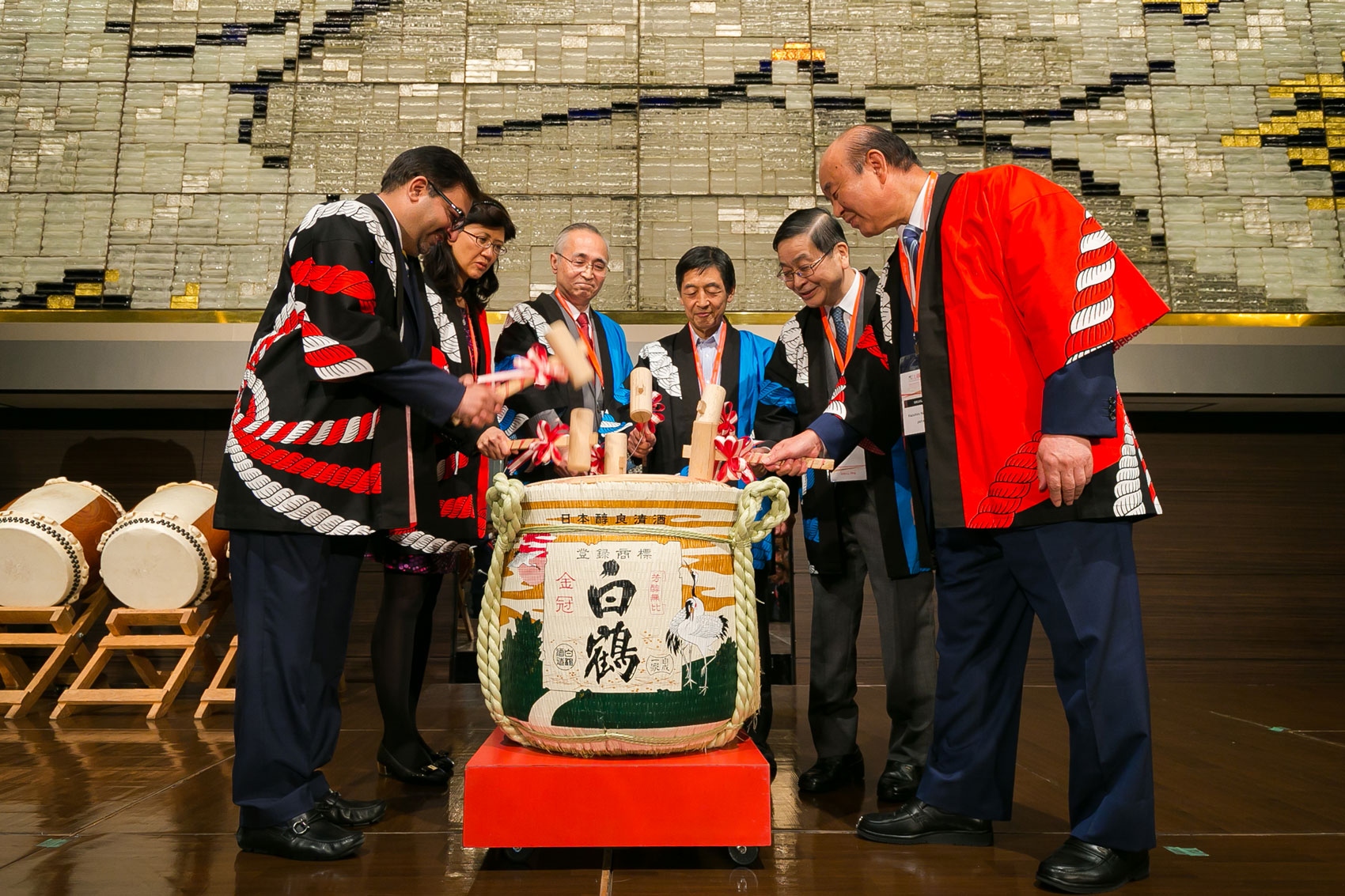
Sounding the gong to open the welcome reception
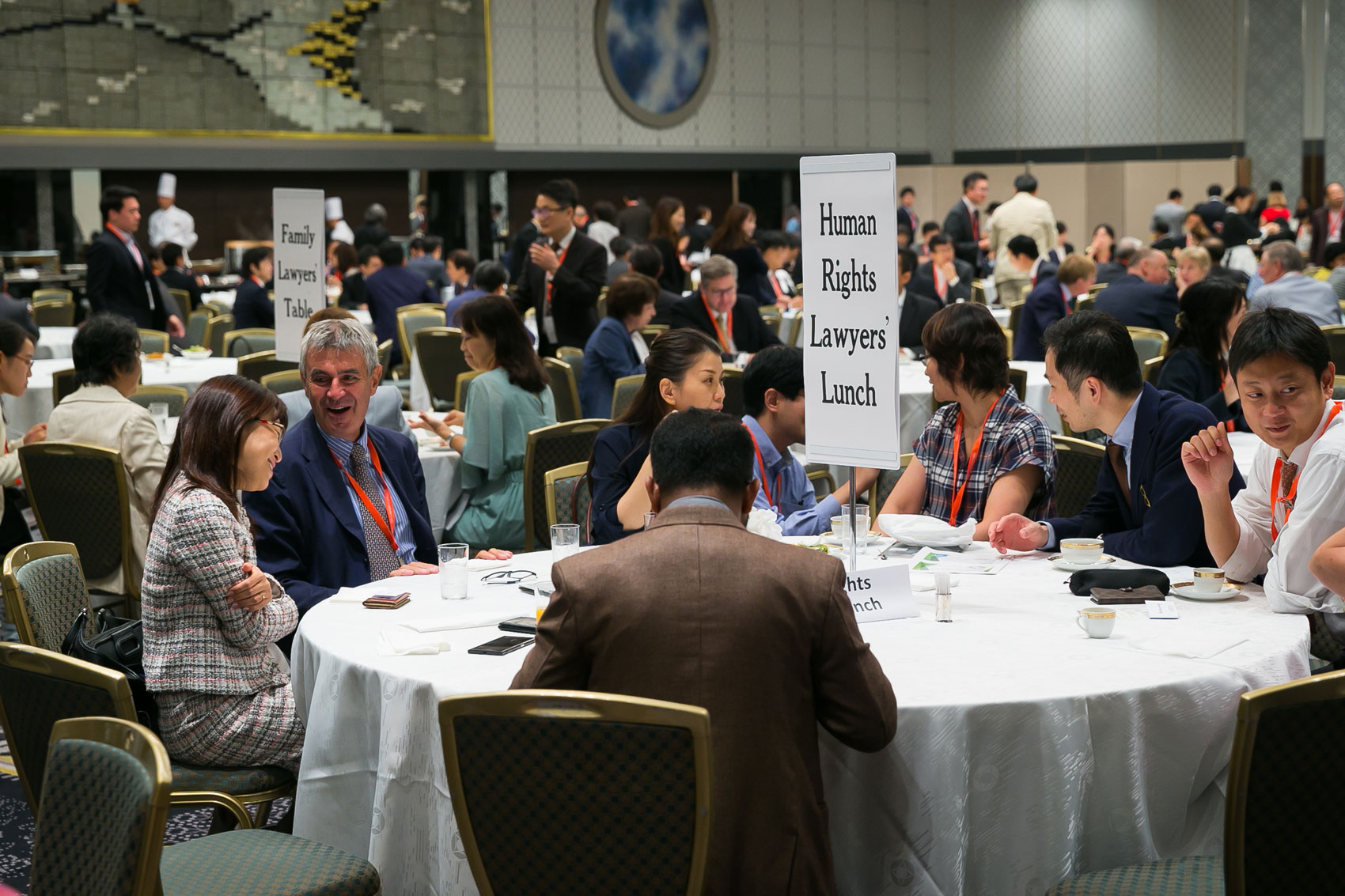
Various networking luncheons with practice focus break-out groups
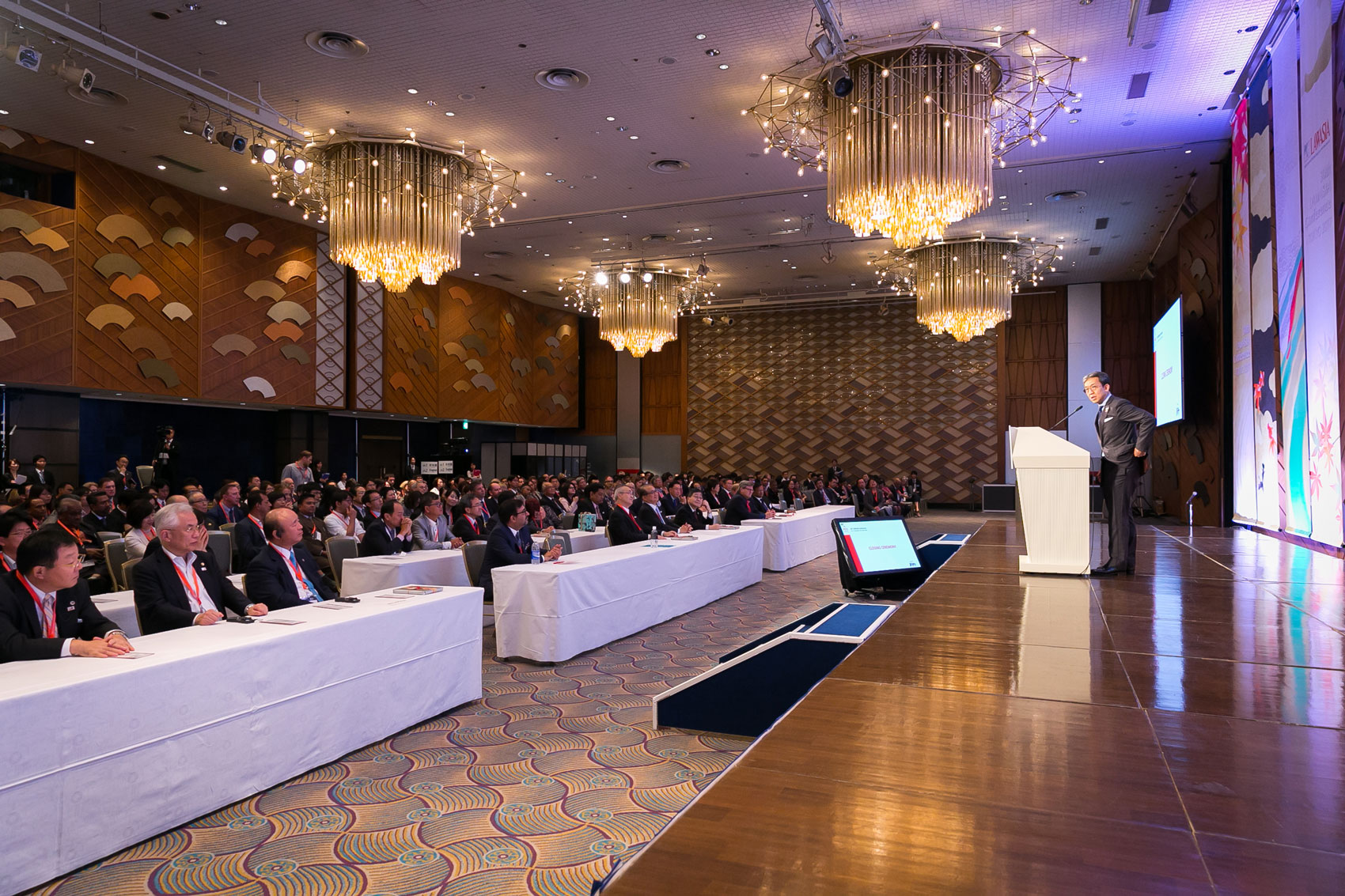
Closing Ceremony Speech by Mr Christopher Leong, President of LAWASIA




